As a PR professional, I'm always interested in what is going on in the media world. Not surprising, print subscriptions are down, newsrooms continue to cut staff, and media companies seem to be scrambling to come up with some new technology that will save the industry. The New York Times tested their own social network which they later scrapped and most recently, the Tribune Co. announced it was coming out with its own tablet to woo new subscribers. Tribune vs. Apple? Doesn't seem like a fair battle.Having worked in interactive marketing , the same lesson has been pounded over and over in my head and I think it could be the key to saving traditional media. Here it is: Be where people are spending their time. In other words go with the flow. If people are buying iPads, do whatever it takes to integrate yourself into an iPad, don't waste energy building your own. If people are on Twitter and Facebook, make those social networks your priority, versus spending a ton of time and dollars managing your own.
Makes sense right? Taking this idea further...What if newspapers put social media first? Facebook/Twitter becomes their "site/paper" - reporters focus their efforts on social, not as an "after the fact, the story has been written" kind of way but more of an "in the moment, this news is happening now" kind of way. The reporters who currently do it well are the ones who are using social networks real-time. They are at the city council meeting tweeting from the event. They are watching newsfeeds to dig for the next big story. They aren't just tweeting headlines with links to the story after the event has occurred. Sure they still write the story at the end of the day and still play a very important role in gathering the facts and crafting something that is legit and vetted, but they're also just as real-time as everyone else.
I get that real-time news may make some news organizations or editors uncomfortable, but as a friend recently said - "I stopped checking the newspaper online because if something is important I'll hear about it on Twitter." Being uncomfortable is better than being irrelevant.
So if you did shift most of your efforts to social media and had your editorial in order, then what about advertising? Well what if you had a @gannettdeals for example. People who live for coupons could follow or fan that page. It could be something you could sell to advertisers (we'll tweet XX amount of times for XX dollars) and it would push advertisers to be more creative/give something of value to readers versus a banner ad that no one wants to see or a circular I'm going to throw straight into the trash.
You could also take your classifieds and start Twitter handles/Facebook pages. @ganettjobs. People who actually are looking for jobs, cars, puppies, etc could easily find what they need without having to sort through all the other listings. Another lesson I've learned from my interactive marketing role, making life easier for people is always a win.
So there you have it, this is one idea on how traditional media could continue to thrive - by being relevant, flexible and most importantly being where people are spending their time. Oh, and by the way, if they are all these things, they're also going to be more attractive to advertisers.
TV stations, you fall into this as well - use Twit Vid, YouTube and Facebook to air your segments, try live streaming. Your advertisers will thank you for it and your viewership has nowhere to go but up. You just have to be willing to change the way you measure audience numbers by including social.
I like local media and I would like local media to continue to exist for years to come. I hope they are willing to be flexible and change with the times. It would be sad to see them go the way of video stores, record shops and book stores because they just didn't see it coming.
Any other thoughts on how to make traditional media profitable?


